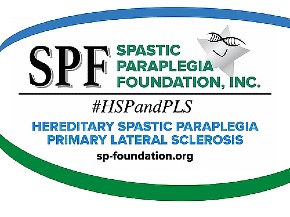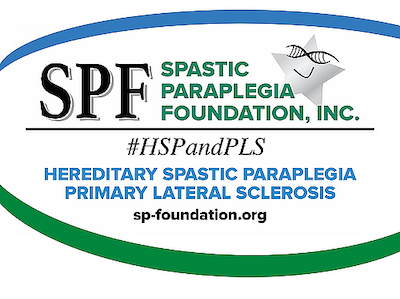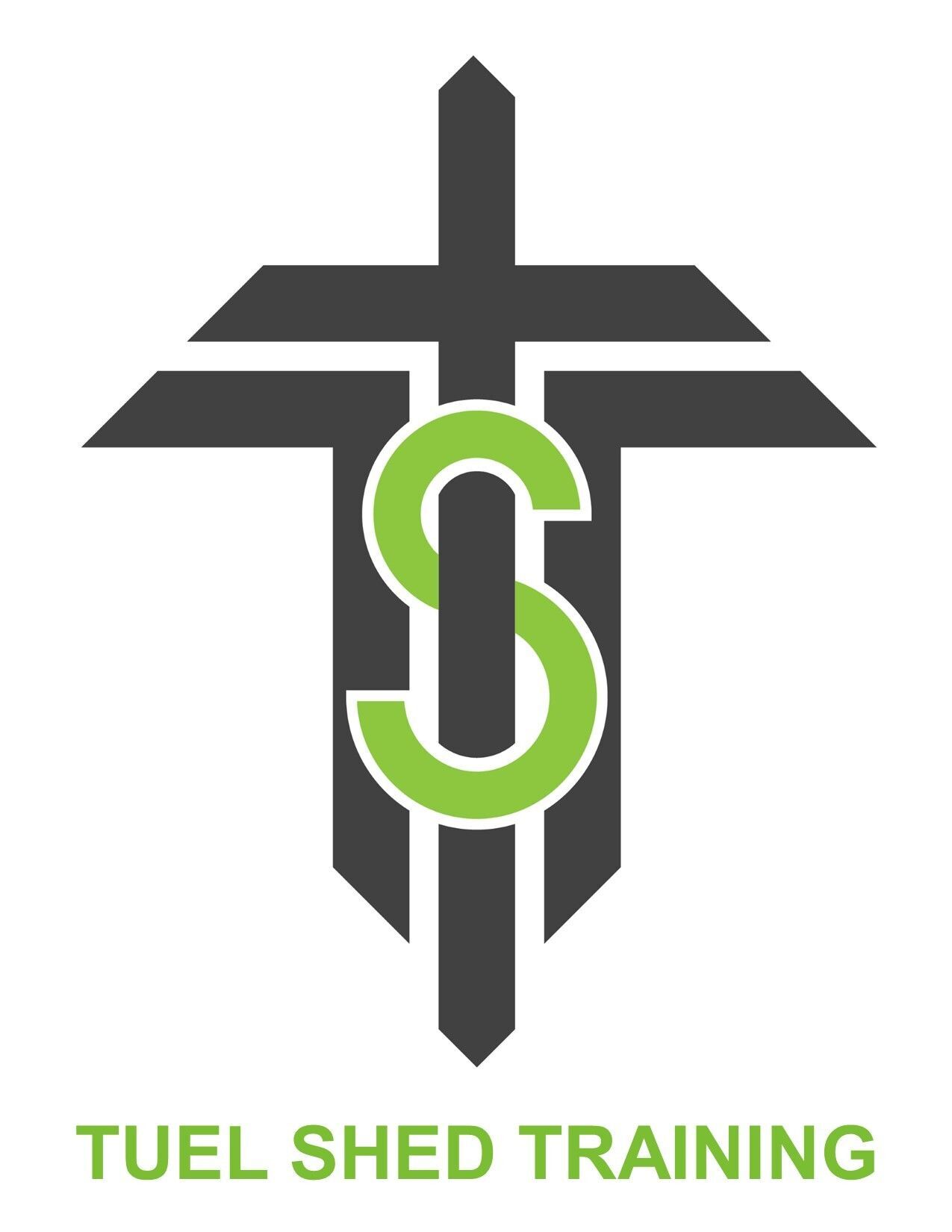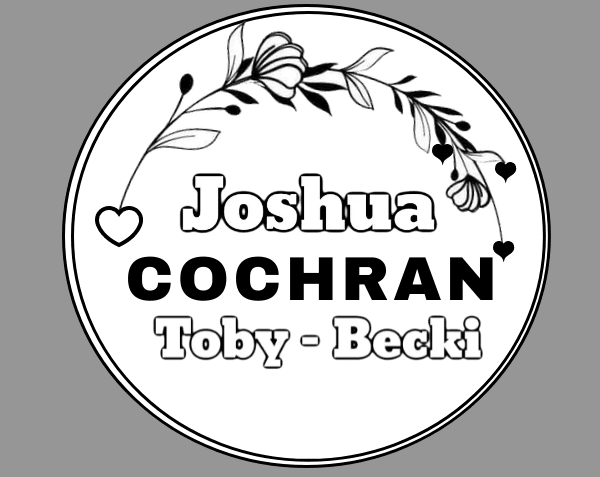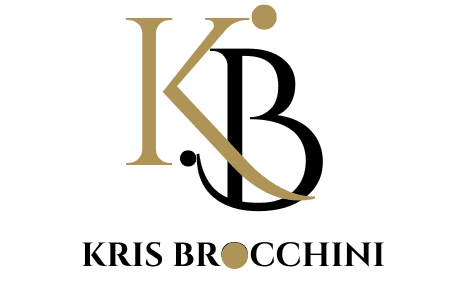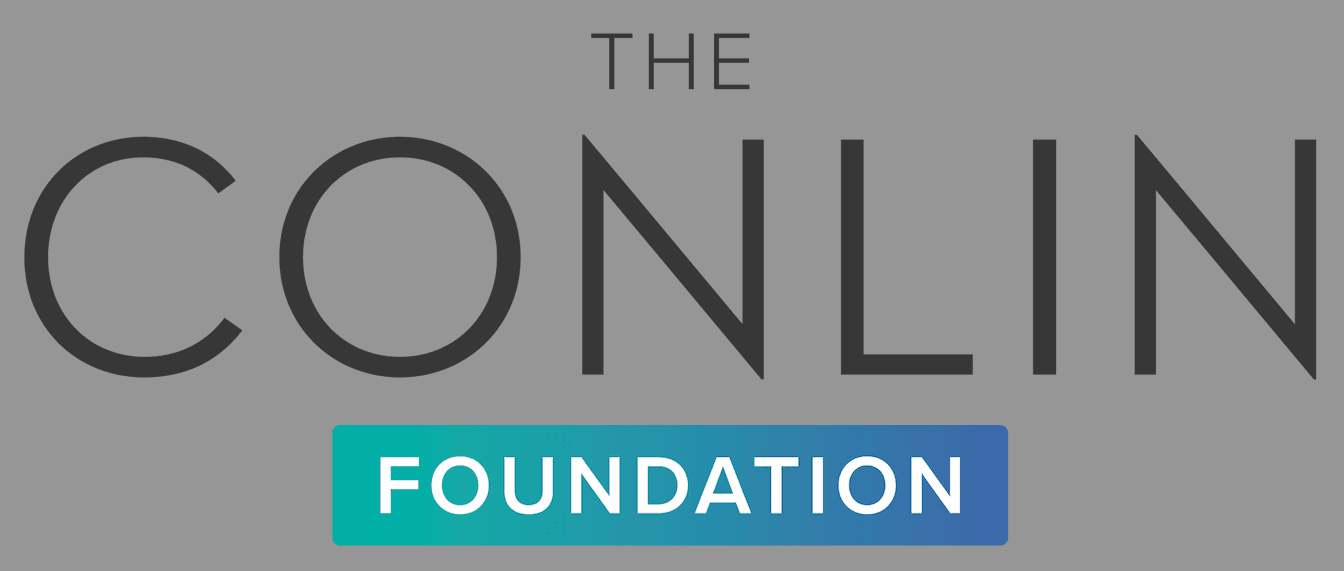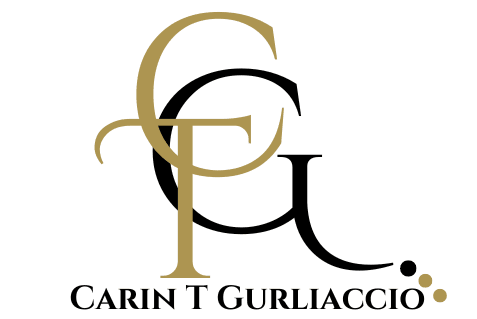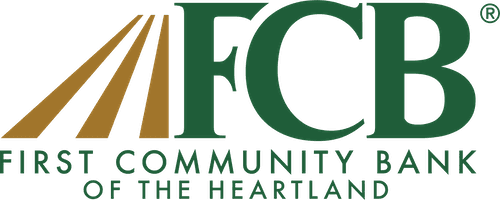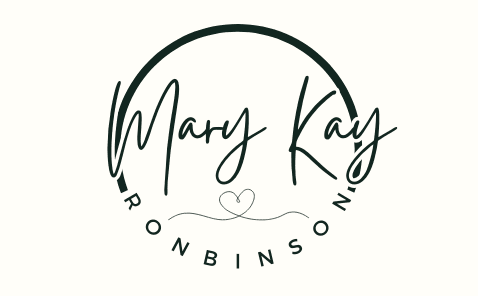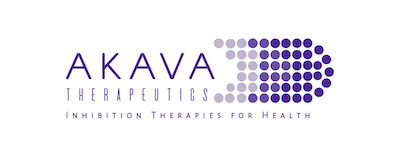For Francis deSouza, the CEO of DNA sequencer manufacturer Illumina, the hardest moments of the Covid-19 pandemic are still fresh. He has, he says, been talking to his aunt, who is in her 90s and lives in a village in Goa, India, who is afraid to leave her home.
“She’s confused, and there’s a lot of misinformation out there, so it’s heartbreaking to watch her go through this and be unable to help from so far away,” deSouza said last week at the STAT Health Tech Summit. “And that story has played out so many times over the last year.”
But the best moment is also fresh: deSouza, 50, said he got goosebumps when he saw videos of trucks filled with mRNA vaccine on the move. Illumina’s technology was used to decipher the genetic code that went into developing these vaccines. The company’s DNA sequencing technology is also being used to track variants of the SAR-CoV-2 virus.
In a sense, just as the pandemic gave drug makers a chance to show what they could do, it has also demonstrated the potential of the large-scale study of genetics, known as genomics.
“We are exiting the pandemic, and entering the era of the genome,” deSouza said. He thinks that the pandemic has, in fact, accelerated the science and its adoption by perhaps five years. And he also believes that public discussions around genetics — previously focused on threats — may have shifted, thanks in part to the vaccines, to possibilities.
“Genomics has emerged into the public, and it’s emerged as a force for good,” deSouza said in a post-summit interview.
Illumina, the largest player in its field with 2020 profits of $656 million on sales of $3.2 billion, also hit two important financial milestones in the first quarter. For the first time, the company collected more revenue from clinical applications of its technology than scientific research. And it also began generating more revenue outside the U.S. than inside it. Both were goals that deSouza set when he became the company’s CEO in 2016. He said that he expects these trends will never reverse. But Illumina has also seen its setbacks. The stock has dropped 25% since February. In March, the Federal Trade Commission announced its opposition to Illumina’s proposal to purchase Grail, a company developing a screening test to detect various kinds of cancer using Illumina’s DNA sequencing technology.
Illumina, in part because of technology it acquired, has played a leading role in driving down the cost of sequencing DNA, the genetic code inside the nucleus of every cell, and of sequencing RNA, the messenger that takes that code outside the nucleus where it is used to produce the proteins that make up living things.
The cost of sequencing a human genome, the near-total sum of the genetic code in a person’s DNA, has dropped precipitously as a result. In 2007, the cost of sequencing a human genome was about $10 million, according to the National Human Genome Research Institute. Now it is less than $1,000, and deSouza confidently predicts it will continue to drop after it passes $100.
During the pandemic, Illumina’s ubiquity and the small size of the SARS-CoV-2 genome created a self-fulfilling prophecy, as researchers reached for the tried and true over newer technologies. “It was just easier to do it on Illumina, because we had everything ready to go,” said Stacey Gabriel, senior director of the genomics platform at the Broad Institute.
Now the technology is starting to be used in medicine — a long-time dream for those in the field. Genetic sequencing is now used in noninvasive prenatal testing, which can help detect chromosomal abnormalities in a fetus using a blood test of the mother. Illumina makes tests, but its sequencing technology is used by almost all makers in the field. New technologies, like those from Pacific Biosciences and Oxford Nanopore, are gaining traction in other areas of sequencing, but Illumina is still dominant. “The really big emerging areas seem to be locks for Illumina,” said Keith Robison, a computational biologist who writes the Omics! Omics! blog.
The biggest near-term medical opportunity is in cancer, where new medicines and experimental drugs often work only against tumors that have specific mutations.
That’s where the Grail acquisition comes into play.
“Grail is an important step,” said Puneet Souda, an analyst at the investment bank SVB Leerink who rates Illumina stock outperform. “We are looking at a more than $50 billion market opportunity with multi-cancer screening.”
Grail was actually spun out of Illumina in 2016 with funding from investors including Bill Gates. It’s currently conducting a 100,000-person study of its blood test to detect cancers, and a second clinical trial involving more than 6,600 people.
DeSouza said that the size of Grail’s studies and the strength of the test, called Galleri, convinced Illumina that this could be a clinical product. He has repeatedly said that the test represents a gigantic opportunity over the next decade.
But the FTC said that Illumina’s dominant position in DNA sequencing should bar it from owning the product. In February, FTC acting Chairwoman Rebecca Kelly Slaughter called Galleri a “game changer” but argued the deal “would likely reduce innovation in this critical area of healthcare, diminish the quality of [multi-cancer early detection] tests, and make them more expensive.” European regulators also oppose the deal.
DeSouza, speaking at the Health Tech Summit, remained insistent that this is backward. He points out that with noninvasive prenatal testing, Illumina owned one player but costs were still driven down. And when it comes to blood tests to detect cancer, there are several other players working in the field already: Thrive Earlier Detection (now part of Exact Sciences), and Freenome among them. All work in slightly different ways. Grail chose to focus entirely on methylation, a chemical change to the DNA, not the code itself. Exact and Freenome both focus on combinations of genetic and protein signals.
“We believe that acquiring Grail will save lives because it accelerates getting that test into the hands of people around the world,” deSouza said, adding that, without Illumina’s regulatory power and sales force, the launch of the entire field will go more slowly. The company, in his vision, is a trailblazer that will be quickly followed by competitors, not a dominant force that will leave scorched earth in its path.
How would Illumina do without it? Tycho Peterson, an analyst at the investment bank J.P. Morgan, wrote in a March 30 note to investors that Illumina shares, currently trading at $382, would be worth $350 with the Grail deal and $310 without. He is neutral on the shares.
The scale of the opportunity will start to be visible soon. Galleri is about to launch among some health systems in the U.S. DeSouza is even more excited about Grail’s agreement with the National Health Service in the United Kingdom. He said it is difficult to predict how quickly demand for the product will materialize, because there has been nothing like it before.
So if the deal falls through? Well, as in research, deSouza said, failure happens.
“If you’re really going to be trying to change the world,” deSouza said, “if you’re trying to do big things, if you’re trying to do things that have never been done before — if you aren’t doing some things that are a challenge, then you aren’t trying hard enough.”
